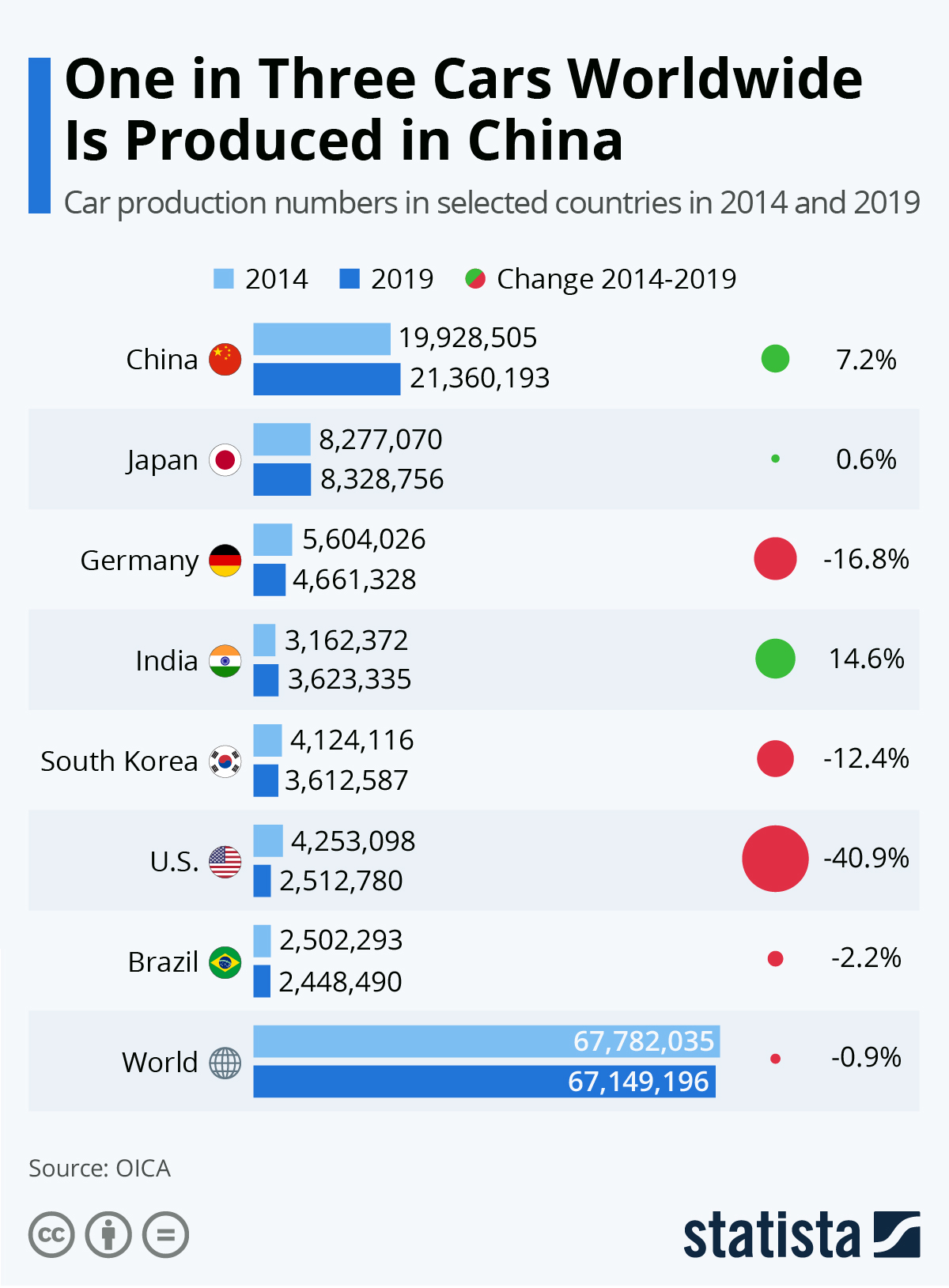
What is China? What is its policy?



China had set up 18 free trade zones since 2013. In the first half of 2020, the total import and export volume of the FTZs reached $324.72 billion. Today, China announced the plan for three new ones, including Beijing.
China’s 18 existing FTZs were established to attract foreign capital, boost regional development and improve trade. The nation is now allowing more provinces join this bold experiment.
According to the plan, Beijing’s FTZ aims to build the city into a globally influential technology and innovation center, in tandem with the accelerated development of the services and digital economy sectors.



The Chinese Ministry of Commerce (MOFCOM) on Saturday issued rules for a widely anticipated unreliable entity list mechanism that could severely punish foreign entities and individuals who undermine China’s national interests, in a move that is believed to counter the US’ relentless crackdown campaign against Chinese businesses.
The list would include foreign entities or individuals who undermine China’s sovereignty, security and development interests and those who violate market principles by cutting off normal transactions with Chinese firms, organizations or individuals, according to the rules issued by MOFCOM.
The Ministry did not release specific foreign entities or individuals that will be put on the list.
Foreign entities added to the Unreliable Entity List could be restricted or prohibited from engaging in China-related import or export activities and investing in China, according to the provisions.
Relevant personnel of the entity may also be restricted or banned from entering China and their work permit and residence status could also be restricted or revoked. Foreign entities could also face a fine and other “necessary measures.”
Both sides can play the game.

Fraser Institute once again ranked Hong Kong as the world’s freest economy in the Economic Freedom of the World 2019 Report. Hong Kong has been retaining the top rank since the inception of the report. Among the five areas of assessment, Hong Kong was ranked top in “Freedom to Trade Internationally” and “Regulation”.
The index published in Economic Freedom of the World measures the degree to which the policies and institutions of countries are supportive of economic freedom. The cornerstones of economic freedom are personal choice, voluntary exchange, freedom to enter markets and compete, and security of the person and privately owned property. Forty-two data points are used to construct a summary index and to measure the degree of economic freedom in five broad areas.


The company that owns the Trump International Hotel in Vancouver, Canada, has filed for bankruptcy, according to Canadian records — raising questions about the future of one of President Trump’s newest hotels, just three years after it opened.
Trump does not own the Vancouver hotel; the building’s owner pays Trump’s company to operate the hotel and to license the Trump name.
The Trump Vancouver hotel has already been closed for four months because of the coronavirus pandemic. By Friday — a day after the bankruptcy filing — the hotel’s website was taken down, its name was missing from Trump Hotels’ corporate website, and the Vancouver hotel’s accounts were deleted from Twitter and Facebook.





